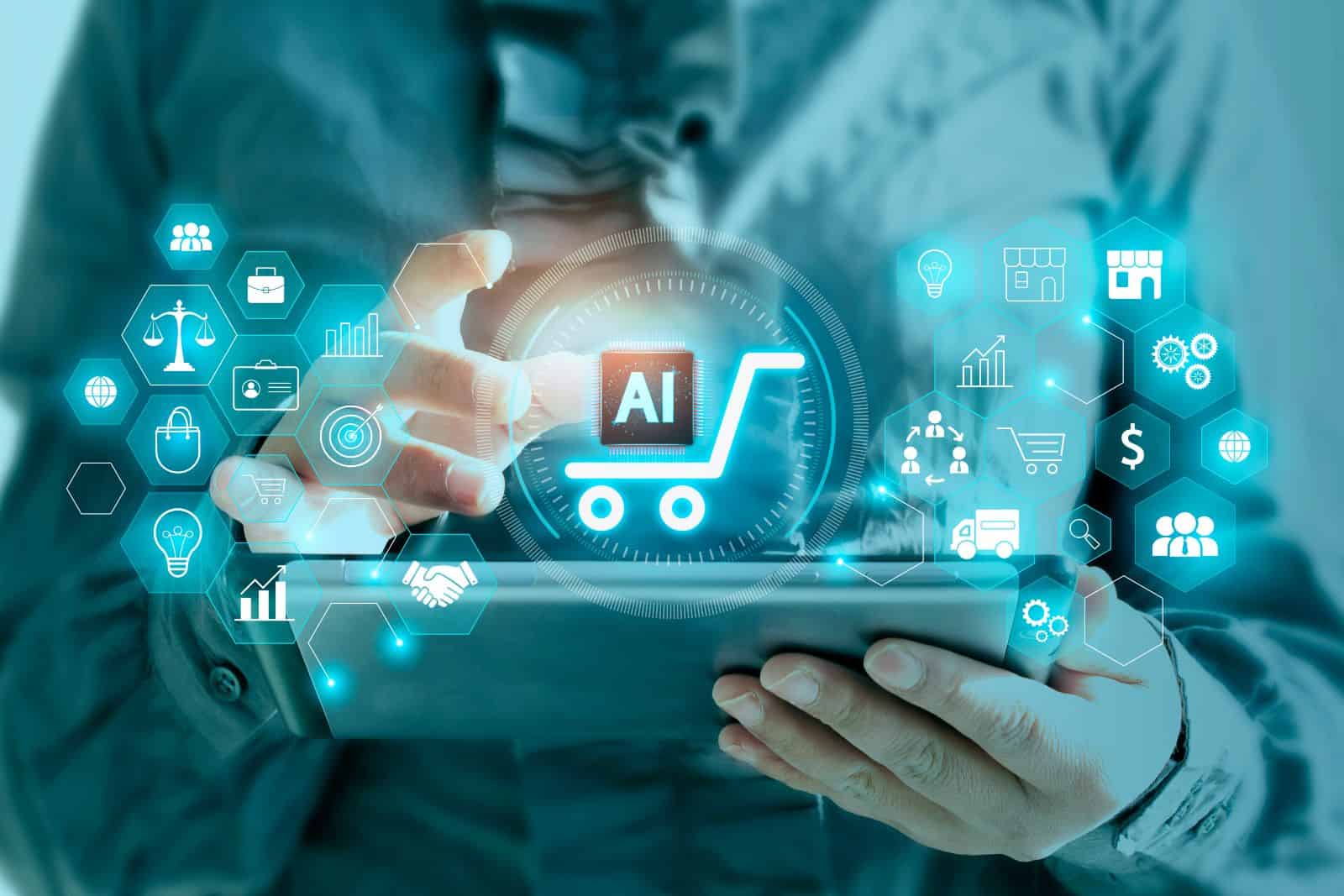Recent advances in artificial intelligence (AI) have been rapid, promising to transform almost every area of modern society. But as with all rapidly emerging technologies, AI carries not only opportunities but also significant risks.
In particular, the UK music industry has seen a significant shift as a result of the recent proliferation of AI, as has the wider music industry across the world.
In this article, we’ll discuss the different challenges AI has brought to the music industry and explore some possible solutions.
What challenges does AI pose to music?
- Imitation and attribution
Copyright law exists to ensure that musicians are fairly credited for their work. But existing regulations aren’t clear regarding AI-generated music, which can imitate specific artists’ voices and unique styles. For example, an AI-generated song mimicking popular artists Drake and The Weeknd went viral earlier this year.
The production of this song, and countless others like it, raises questions about who AI-generated music should be attributed to. To what extent should artists be credited for songs that rip them off?
- Ownership rights
AI’s ability to generate seemingly authentic music might suggest human-like creativity, but the truth is that this isn’t ‘creation’ in the real sense. AI algorithms simply mix up and replicate what they hear. They need to be fed vast numbers human-produced songs to be capable of generating their own.
As it stands, this can happen without the knowledge or consent of the artists – infringing their rights to control how their intellectual property is used. Music platforms, films, events and businesses all need to pay artists before they can use their music. Why shouldn’t developers training AI programmes – as well as people using AI to generate music – pay artists fairly too?
- Monetary loss for musicians
If the music of human artists can be imitated or used to train AI without any regard for fair attribution or remuneration, then musicians’ income will suffer as a result.
Getting paid properly is already a big issue for many musicians. There are very few institutions financing and funding musicians’ work. And last year the government announced devastating cuts for the UK arts industry as a whole. The advancements in AI pose another threat to musicians’ money. For many aspiring or struggling artists, it could represent the final nail in the coffin.
What are some possible solutions?
- Tighter regulations
The current regulations that govern copyrights aren’t currently fit for purpose when it comes to AI. The government needs to update them and put frameworks in place that not only let AI and other emerging technologies thrive, but also protect the rights of musicians and other creatives.
- Clear ownership guidelines
Effective licencing solutions and IP protection need to be at the heart of this. If human-created music is to be used to train AI, then it needs to be done with the consent of the relevant artists. Some will allow AI to use their work and, no doubt, some won’t. But this choice should be their right to make, and the government must protect this.
- Greater transparency
Artists and music labels should be able to trace when their intellectual property has been used to train AI models. Similarly, it needs to be transparent when music imitating particular artists has been generated using AI. Clear record keeping and attribution would not only artists but also consumers.
What does the future hold?
While the use of artificial intelligence does pose significant problems for the music industry, we have to acknowledge that it does also offer opportunities. AI can help musicians not only generate music but also edit and master it faster, as well as speed up laborious manual tasks like tagging and classifying music libraries. As long as the human aspect of the music production process is conserved, AI could represent an invaluable tool for real musicians, rather than a replacement.
So, what exactly will the future of AI in the music industry look like? Will human creativity be stifled by unthinking, unfeeling algorithms? Or could AI become an essential part of the musician’s toolkit, enhancing their ability to express themselves?
It’s too early to tell – but implementing the right solutions for the challenges AI poses today will play a huge role in determining the outcome.







